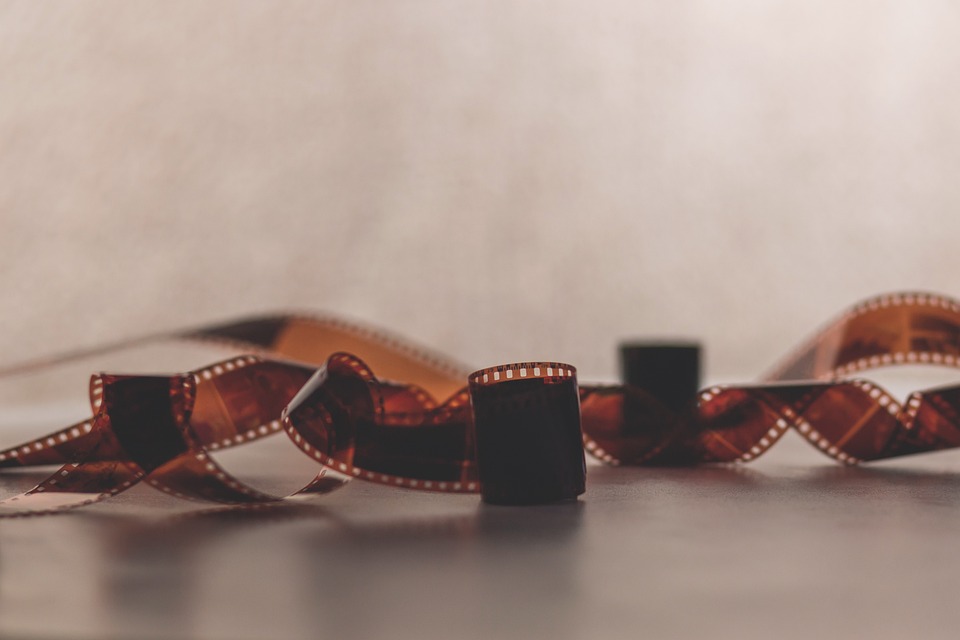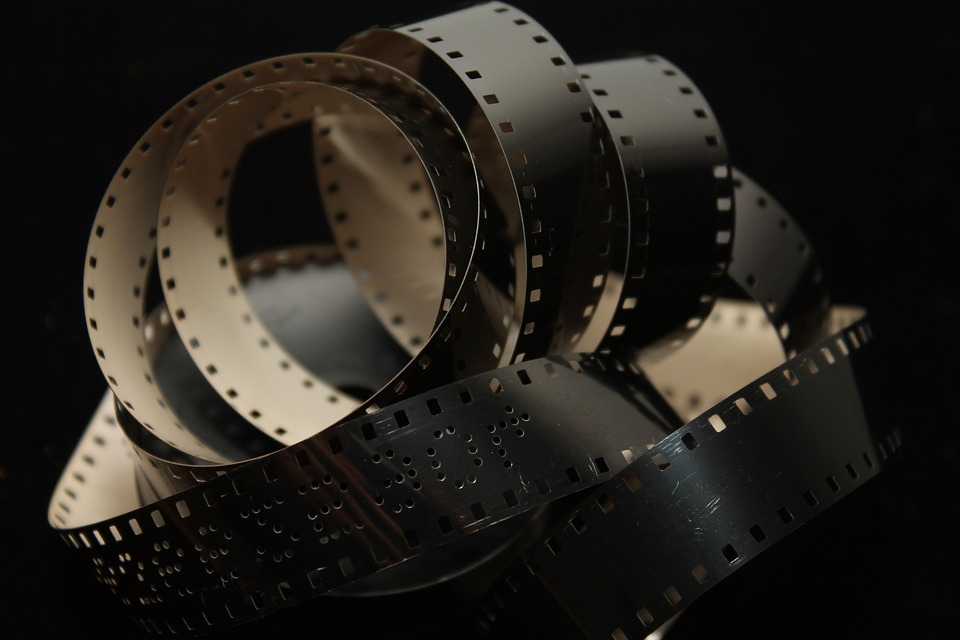How Technology is Revolutionizing Jury Selection in the Digital Age
In the past, the process of selecting a jury for a trial was a time-consuming and labor-intensive task. However, with the advancements in technology, the process has been transformed into a more efficient and effective process. From online questionnaires to data analytics tools, technology has revolutionized the way lawyers and judges select jury members.
The Role of Technology in Jury Selection
Technology has played a crucial role in modernizing the jury selection process. One of the key ways technology has transformed jury selection is through the use of online questionnaires. These questionnaires allow potential jurors to provide information about themselves, their backgrounds, and their beliefs. This information can then be analyzed by attorneys and judges to determine whether a juror is suitable for a particular case.
Additionally, technology has enabled lawyers and judges to use data analytics tools to analyze potential jurors’ social media profiles. By examining a juror’s online presence, attorneys can gain insights into their beliefs, interests, and biases. This information can help attorneys make more informed decisions during the jury selection process.
Challenges and Concerns
While technology has revolutionized jury selection, it has also raised concerns about privacy and bias. Some critics argue that using data analytics tools to analyze jurors’ social media profiles could lead to bias in the selection process. Additionally, there are concerns about the privacy implications of collecting personal information from potential jurors.
Another challenge is the potential for technology to increase the disparity in jury selection. With more sophisticated tools available to lawyers and judges, there is a risk that certain demographics could be disproportionately excluded from serving on juries. It is important for attorneys and judges to be mindful of these concerns and ensure that the jury selection process remains fair and impartial.
The Future of Jury Selection
As technology continues to evolve, the future of jury selection is likely to be even more technology-driven. For example, artificial intelligence (AI) tools could be used to analyze potential jurors’ responses to online questionnaires and identify patterns or biases that may not be immediately apparent to human analysts.
In addition, virtual reality (VR) could be used to simulate courtroom environments and help attorneys and judges better understand how potential jurors might react in a real-life trial setting. This immersive technology could provide valuable insights into jurors’ behavior and decision-making processes.
Furthermore, blockchain technology could be used to ensure the integrity and security of the jury selection process. By storing juror information on a secure and transparent platform, attorneys and judges can ensure that the selection process is fair and equitable.
Overall, technology has transformed jury selection in the digital age, making the process more efficient, effective, and insightful. While there are challenges and concerns associated with the use of technology in jury selection, it is essential for attorneys and judges to embrace these advancements responsibly and ensure that the jury selection process remains fair and impartial. As technology continues to evolve, the future of jury selection is likely to be even more innovative and technology-driven.



